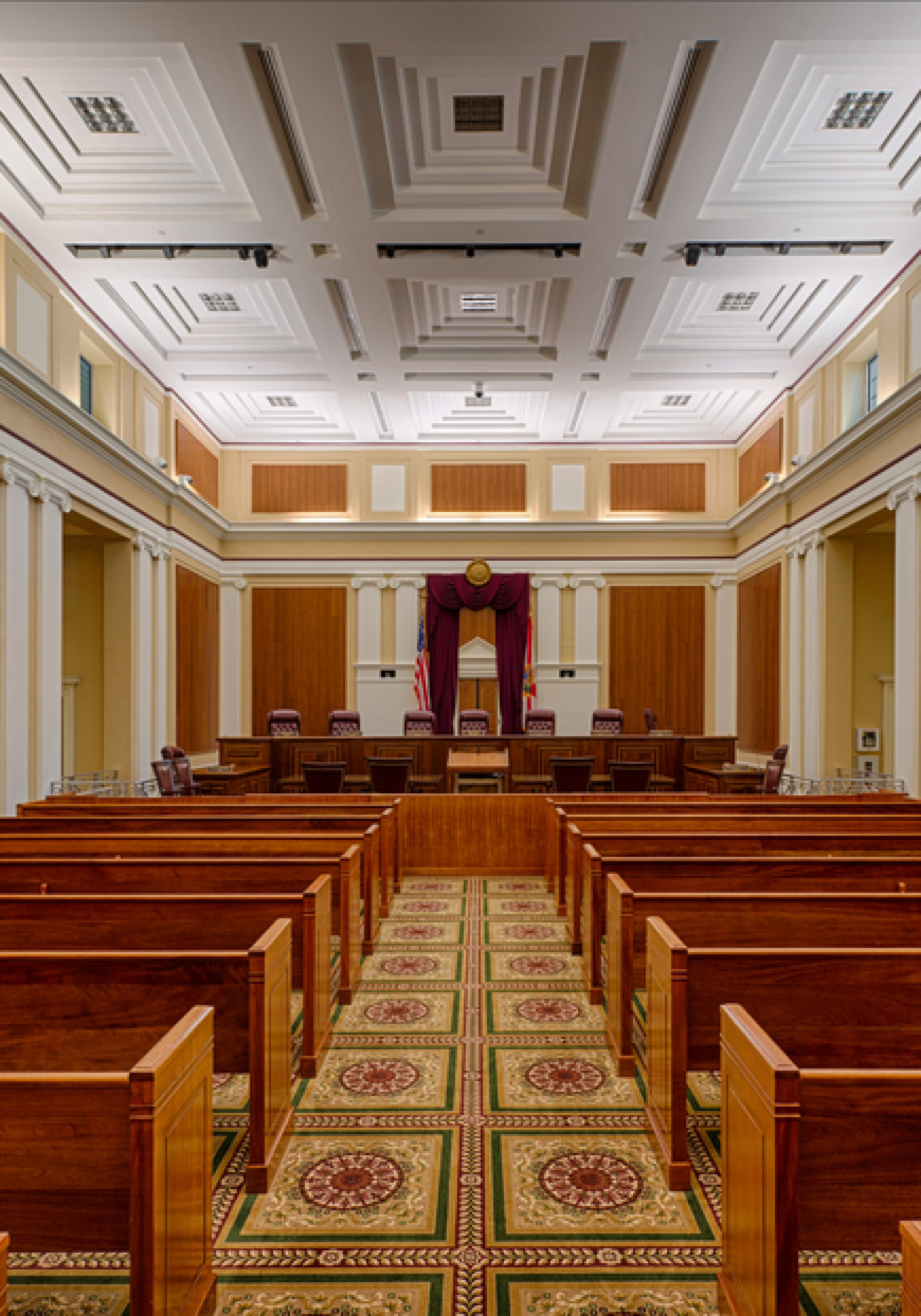
Florida’s solicitor general Monday asked the Florida Supreme Court to allow three proposed constitutional amendments on the November ballot.
Solicitor General Amit Agarwal, who filed an initial brief, appealed a lower court’s decision blocking the ballot measures. Agarwal reports to Attorney General Pam Bondi.
Circuit Judge Karen Gievers had found that the three proposals – including a measure that would ban offshore oil drilling and ban vaping in workplaces – improperly “bundled” unrelated issues.
Why not, Agarwal suggested, since the Framers did the same thing.
“Our constitutional history is replete with examples of situations in which voters have been asked to vote up or down on bundled provisions addressing distinct rights and issues—including the ratification of the Constitution and the First Amendment,” he said.
A challenge by retired Supreme Court Justice Harry Lee Anstead, and fellow plaintiff Robert Barnas, a former state elections commissioner, argued that such bundling would violate the First Amendment rights of voters, who could have conflicting views of issues in single ballot proposals.
But Anstead offers no “manageable standard for determining how ‘unrelated’ two provisions must be to trigger the First Amendment right he asks this Court to recognize for the first time in the history of American jurisprudence,” Agarwal wrote.
The 2017-18 Constitution Revision Commission (CRC) this spring approved placing the three measures on the ballot. All proposed changes to the state’s governing document require a minimum of 60 percent approval for passage.
“Even if the First Amendment included the right (they) assert, the CRC had a rational basis for bundling some of the amendments for inclusion on the 2018 General Election ballot,” he said.
“(L)ong ballots often discourage citizens from voting at all, and if the CRC had listed all the proposed amendments separately, there would appear (25) questions on the ballot this fall, rather than (15).
“In other words, the CRC acted reasonably and with the proper intention of minimizing ballot fatigue when it decided to bundle proposed constitutional amendments.”
Along with the proposal on drilling and vaping, Gievers struck from the ballot a measure that deals with governance of the state-college system and death benefits for survivors of first responders and military members.
Also, she struck a measure that would remove constitutional language that prohibits “aliens ineligible for citizenship” from owning property and would revise language to make clear the repeal of criminal statutes does not affect the prosecution of crimes committed before the repeal.
The Supreme Court already has ruled on legal challenges to four other proposed amendments placed on the ballot by the Constitution Revision Commission. Justices upheld three of the proposals, including a proposed ban on dog racing, though they blocked a controversial education measure.
Anstead’s answer brief is due next, “no later than (noon on) Friday, Sept. 21,” and the state’s reply brief is expected “no later than (noon on) Monday, Sept. 24.”
__
Senior Editor Jim Rosica contributed to this post. Background provided by The News Service of Florida, reprinted with permission.



